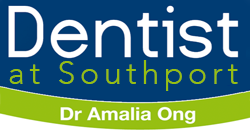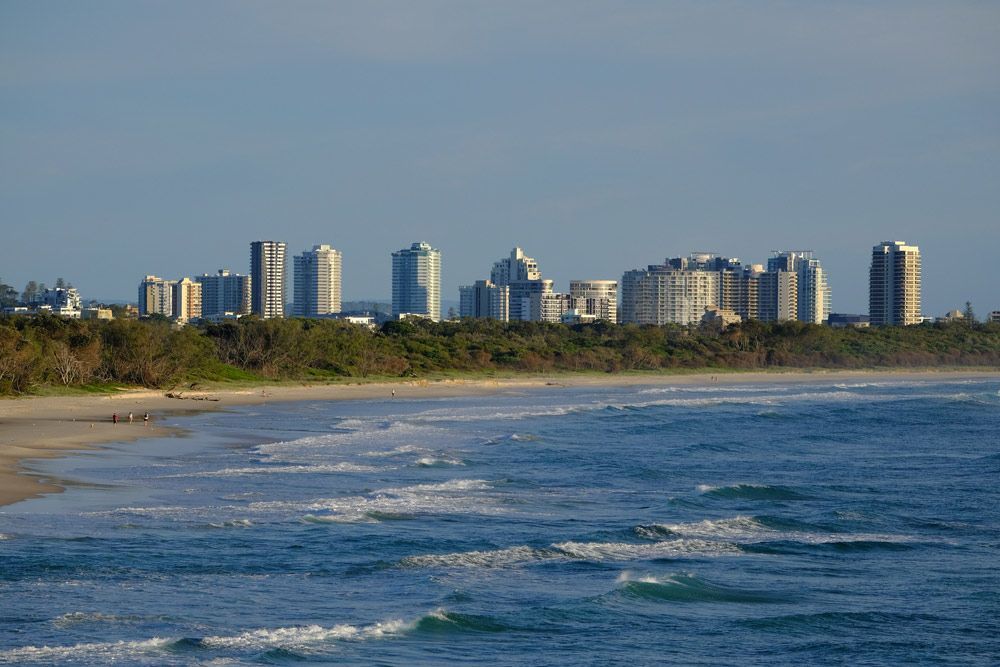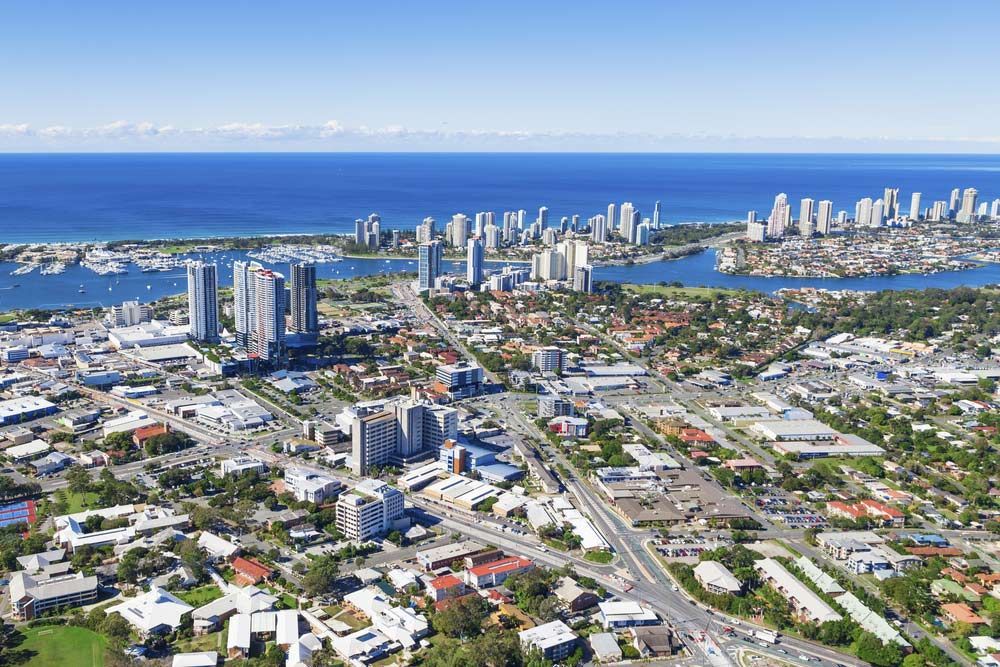Call Our Emergency Dentist in Tweed Heads
Emergency Dental Care
Our emergency dentists offer round-the-clock care to our clients in Tweed Heads and Southport.
In the event of a dental emergency, please call our after-hours number: 07 5536 1582. For non-urgent patient matters, please call during our office hours or send us an email to arrange an appointment.
But what entails an emergency?
If you are experiencing ongoing pain that is unable to be treated short-term with over-the-counter pain medication (not aspirin as it is known to clot blood), please call us immediately. Until you can see our Gold Coast Emergency Dentist, continue to regularly rinse your mouth out with warm, salty water.
Comprehensive dental services
Family-friendly practice
emergency dental care
Types Of Dental Emergencies
Emergency dental care is essential for addressing urgent oral health issues that require immediate attention.
Common dental emergencies include severe toothaches, knocked-out teeth, broken or chipped teeth, lost fillings or crowns and soft tissue injuries. Prompt treatment is crucial to alleviate pain, prevent further damage and minimise the risk of complications.
If you experience a dental emergency, it’s important to contact us as soon as possible. In the meantime, taking steps such as rinsing your mouth with warm water, applying a cold compress for swelling or using dental cement to temporarily secure a dislodged crown can help manage the situation.
It’s also important to avoid using sharp objects to remove debris, as this can cause further irritation. Emergency dental care ensures that urgent dental issues are effectively addressed, preserving your oral health and overall wellbeing.









